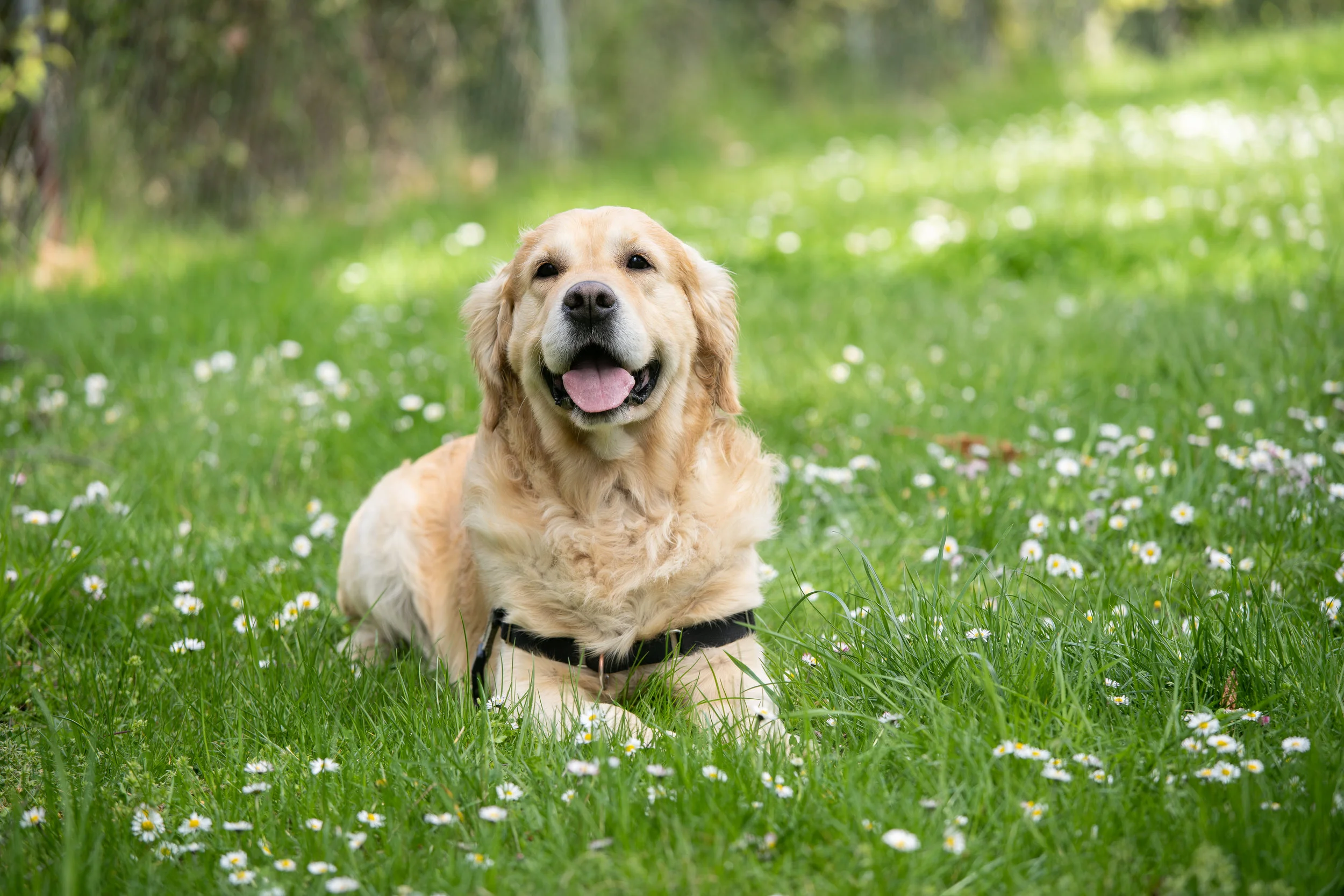When is my pet considered old?
Many pets are considered to be seniors after seven years of age depending on the type of pet and breed. Some of the signs of ageing in senior pets include hearing loss, reduced vision, dental and skin problems. Older pets are also more likely to suffer certain conditions and diseases such as arthritis, obesity, heart disease and kidney disease. As they grow older, your pet’s needs change and its important that you are sensitive to what your senior pet is experiencing as it matures.
Senior pet healthcare tips
There are a number of ways you can help look after your senior pet:
Regular exercise that is in-line with your pets capabilities. Your vet may advise gentle walks if your dog is overweight or swimming as a therapy for dogs with arthritis. General playtime is also a great form of exercise.
A complete and balanced diet is essential for your pets health and wellbeing. Older pets often have specific nutritional requirements and may benefit from specially formulated food. Senior pets are also generally less active than younger pets so may benefit from a lower energy, high fibre diet.
Preventative healthcare is critical including yearly vaccinations, parasite control and regular visits to the vet. Twice yearly health checks are recommended for senior pets to ensure early detection and treatment of disease.
Dental health is important to. Look after your pets teeth through regularly brushing or have your pets teeth cleaned professionally on the advice of your vet.
The most important thing you can do for your older pet is to give them lots of love and attention. When you take your pet to the vet, let them know of any changes or concerns you have as your observation may help prevent any minor problems becoming more serious.





